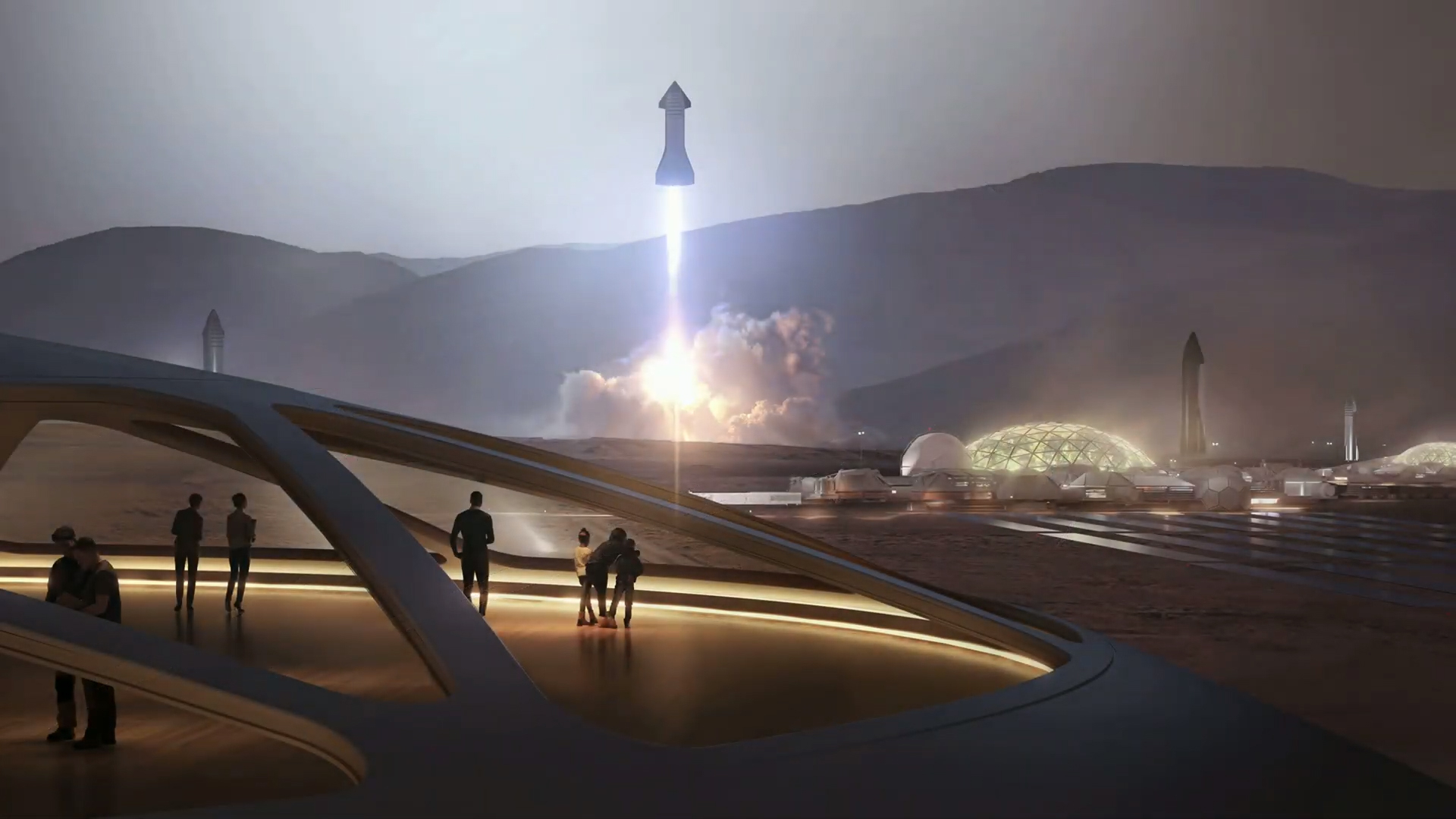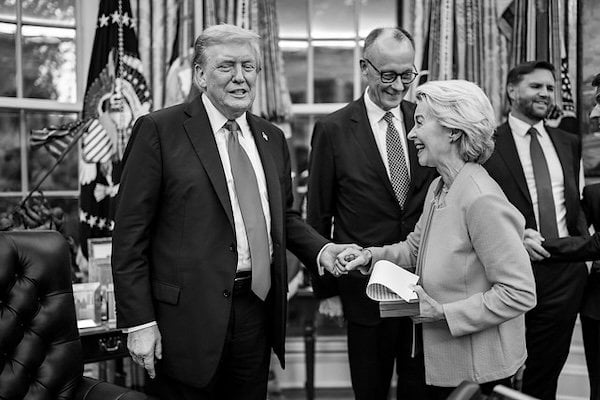By Kay Lee
Copyright internetprotocol

In a groundbreaking move that has sent shockwaves through the tech industry, the Trump administration has announced its intention to charge companies a staggering $100,000 per year for each H-1B visa. This initiative is seen as part of a broader immigration crackdown that could severely impact the technology sector’s dependency on foreign skilled workers, predominantly sourced from India and China.
A New Frontier for Immigration Fees
The implementation of this hefty fee marks a climactic shift in the administration’s immigration policy landscape. This action signifies a direct challenge to international firms relying on non-American talent to spearhead innovation and maintain competitive edges. According to Commerce Secretary Howard Lutnick, the plan is to incentivize companies to prioritize hiring locally: “Train Americans. Stop bringing in people to take our jobs.”
The Tech Titans’ Response
The response from the tech sector has been immediate and vocal. Major players like Microsoft, JPMorgan, and Amazon have issued advisories to their H-1B holding employees, urging them to remain in the US to avoid complications as this policy rolls out. Ogletree Deakins, a firm known for handling visa applications, has communicated similar advice to its clients, indicating the policy’s immediate ripple effect across the industry.
Implications on Global Talent Attraction
Many perceive this move as a deterrent to attracting top-tier international talent. Deedy Das from Menlo Ventures remarked on social media, highlighting the potential repercussions: “If the U.S. ceases to attract the best talent, it drastically reduces its ability to innovate and grow the economy.” The cost burden on companies, particularly startups, could be monumental, potentially forcing high-value operations to relocate overseas.
The Debate Over Visa Impact
While some criticize the H-1B program for ostensibly neglecting local workers, supporters argue that it fills crucial talent gaps. The tech sector has long advocated that foreign expertise is essential not just for ongoing operations but also for driving forward the country’s technological advancements amidst a fierce global race, including a key focus on artificial intelligence.
Looking Ahead: Will Innovation Suffer?
The long-term consequences of this policy are yet to be fully comprehended. Experts are divided on whether this will lead to significant fiscal gains or if it might stifle innovation by limiting access to the world’s brightest minds. Jeremy Goldman, an analyst with eMarketer, cautions, “In the short term, Washington may collect a windfall; in the long term, the U.S. risks taxing away its innovation edge, trading dynamism for short-sighted protectionism.”
As the globe continues to watch, the implementation of the $100,000 H-1B fee could redefine the dynamics of talent sourcing and innovation within the U.S. tech landscape. According to Reuters, this bold policy move might reshape the traditional pathways for employment-centric immigration in America.



